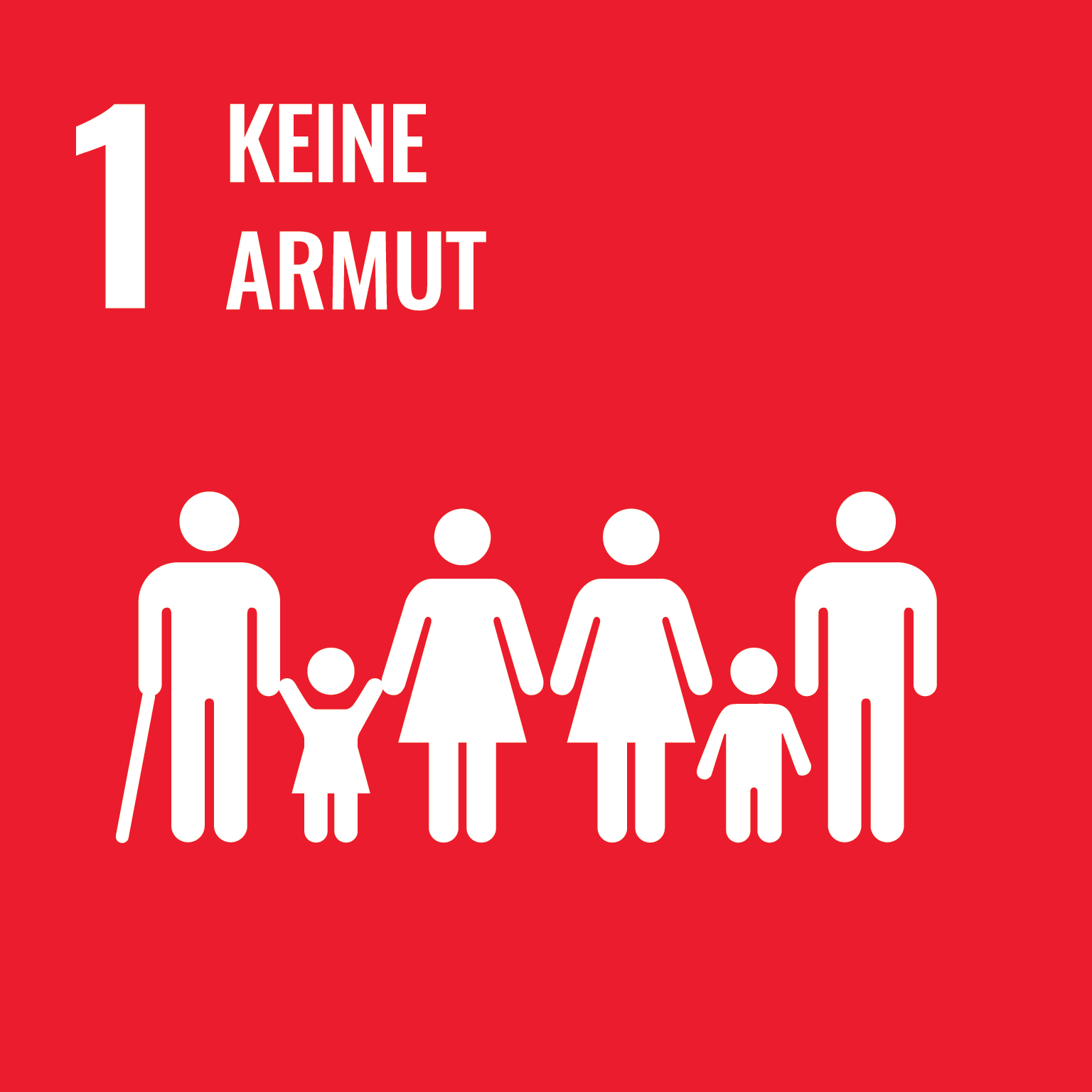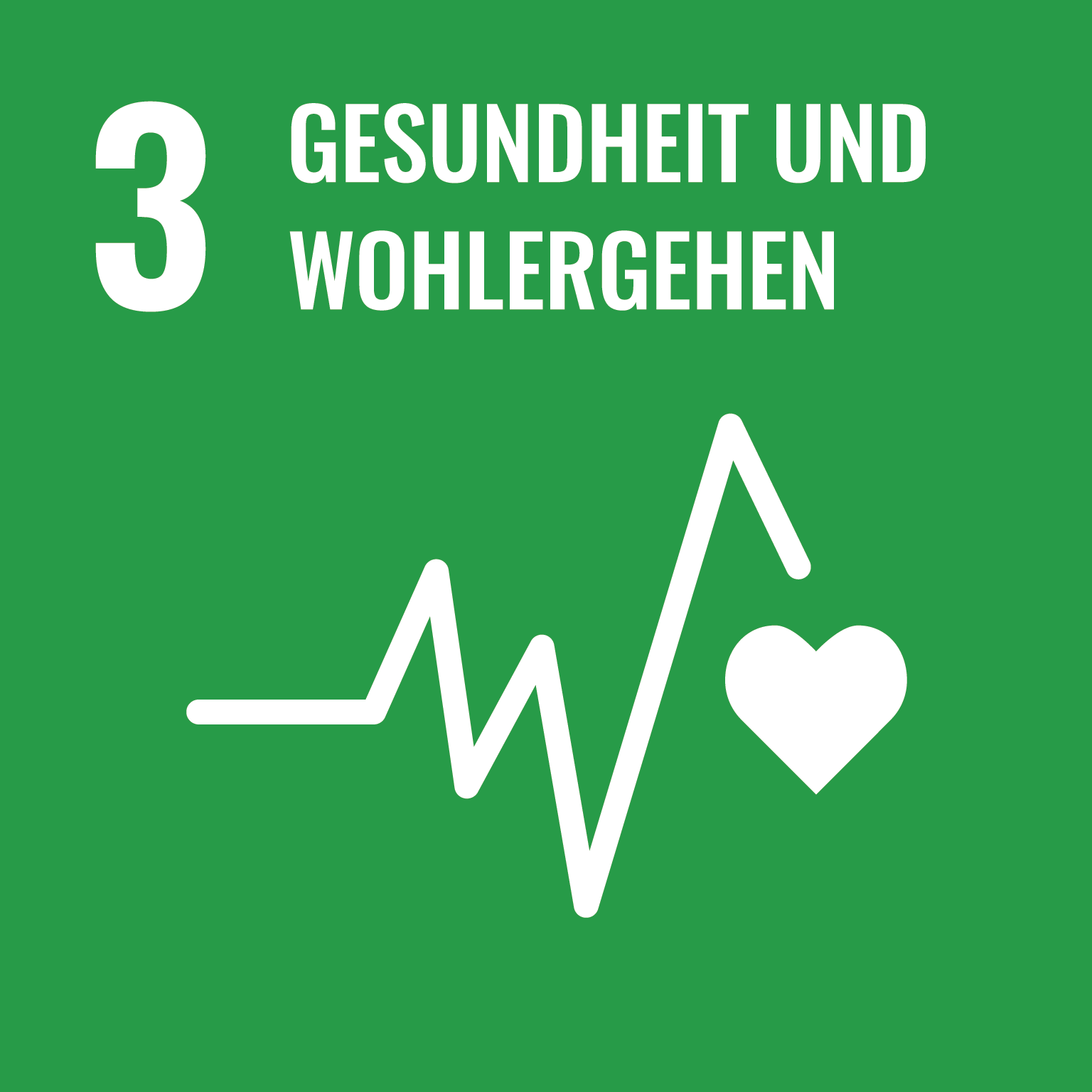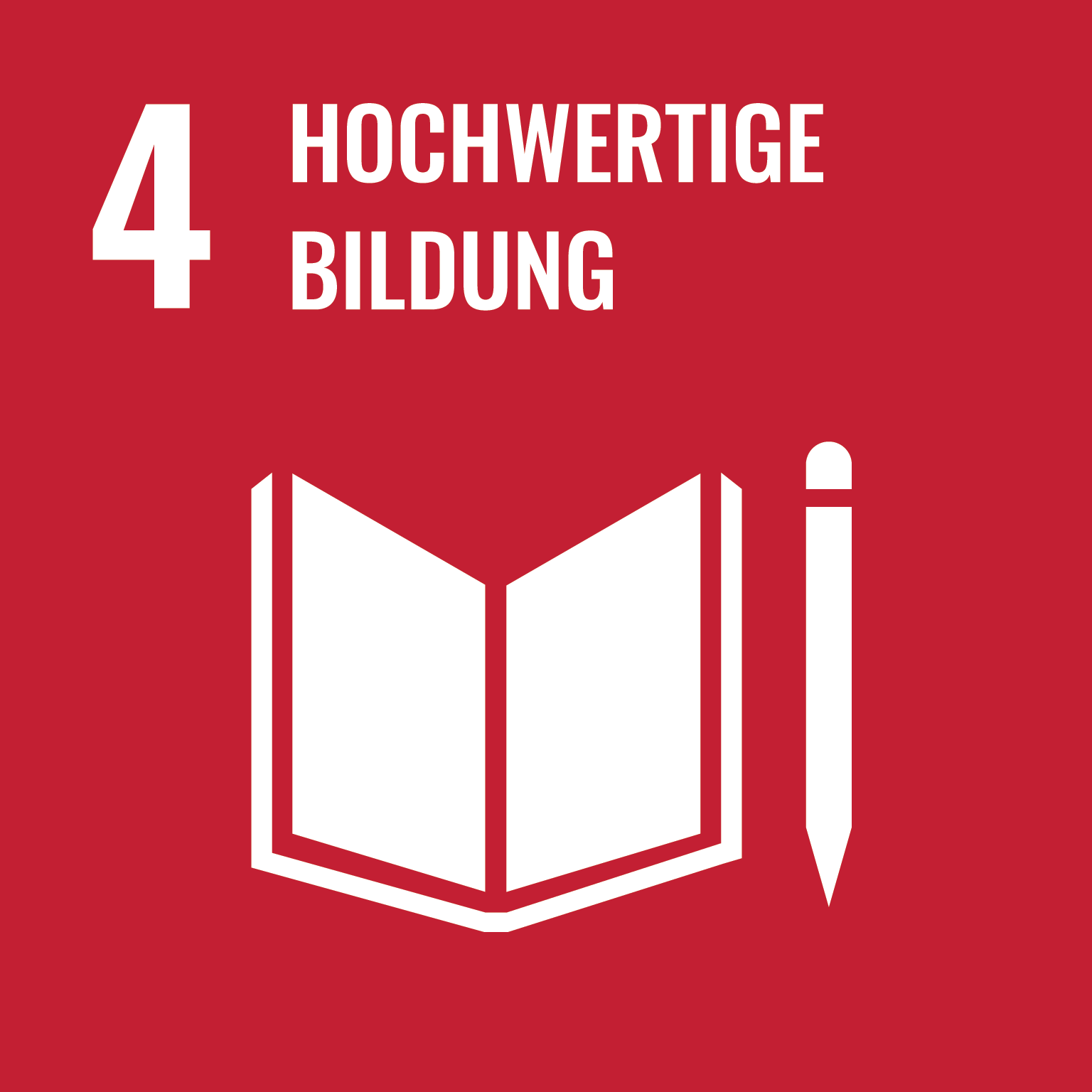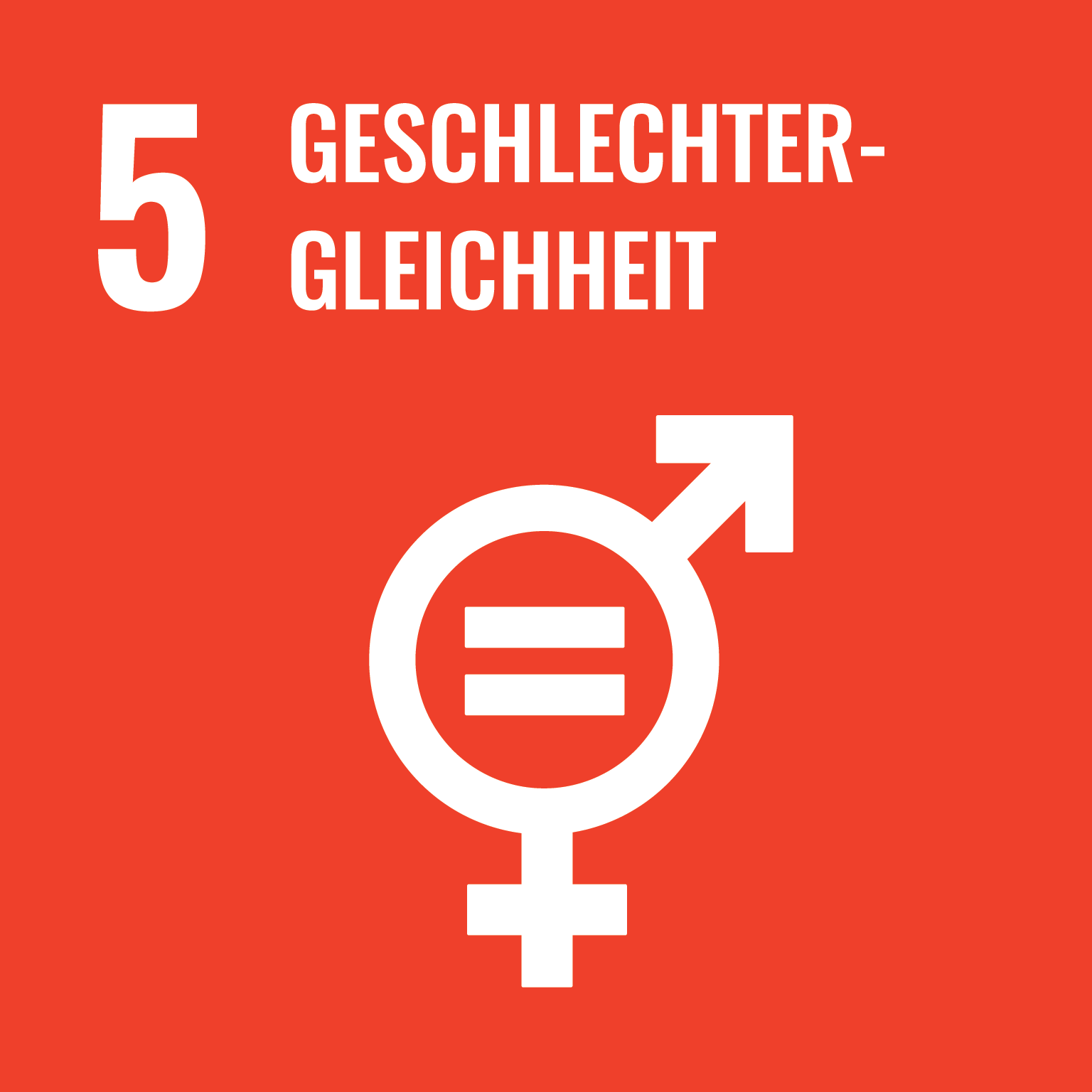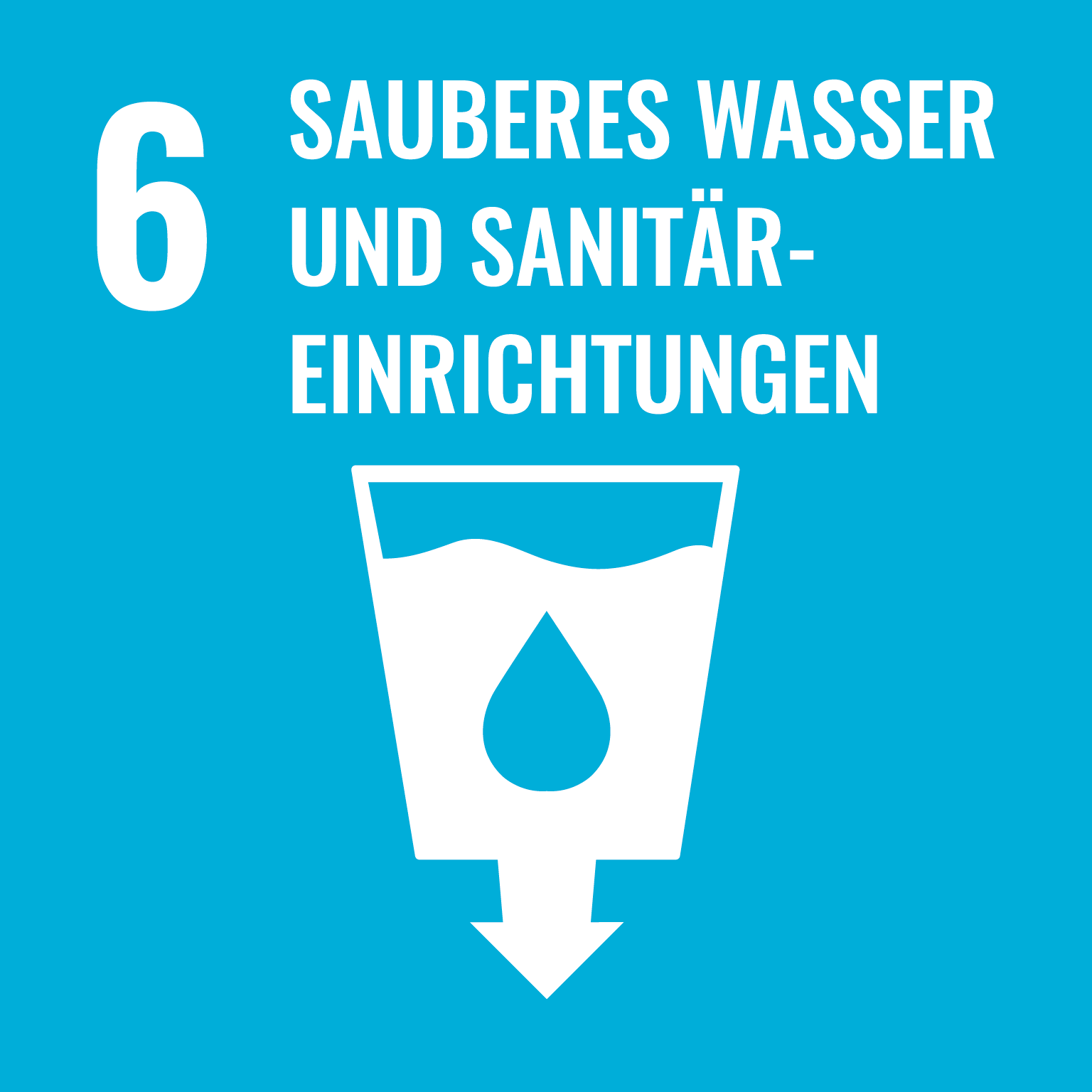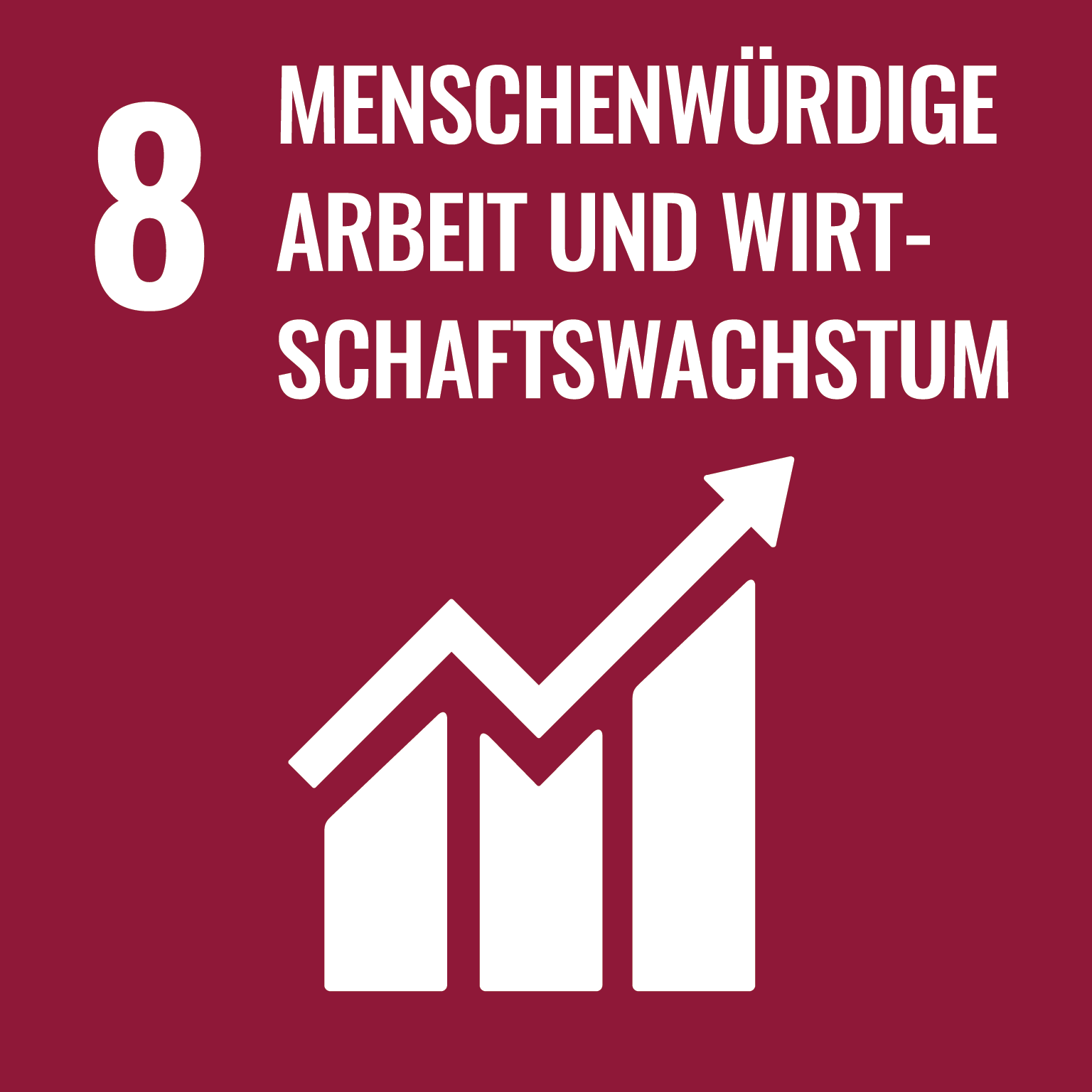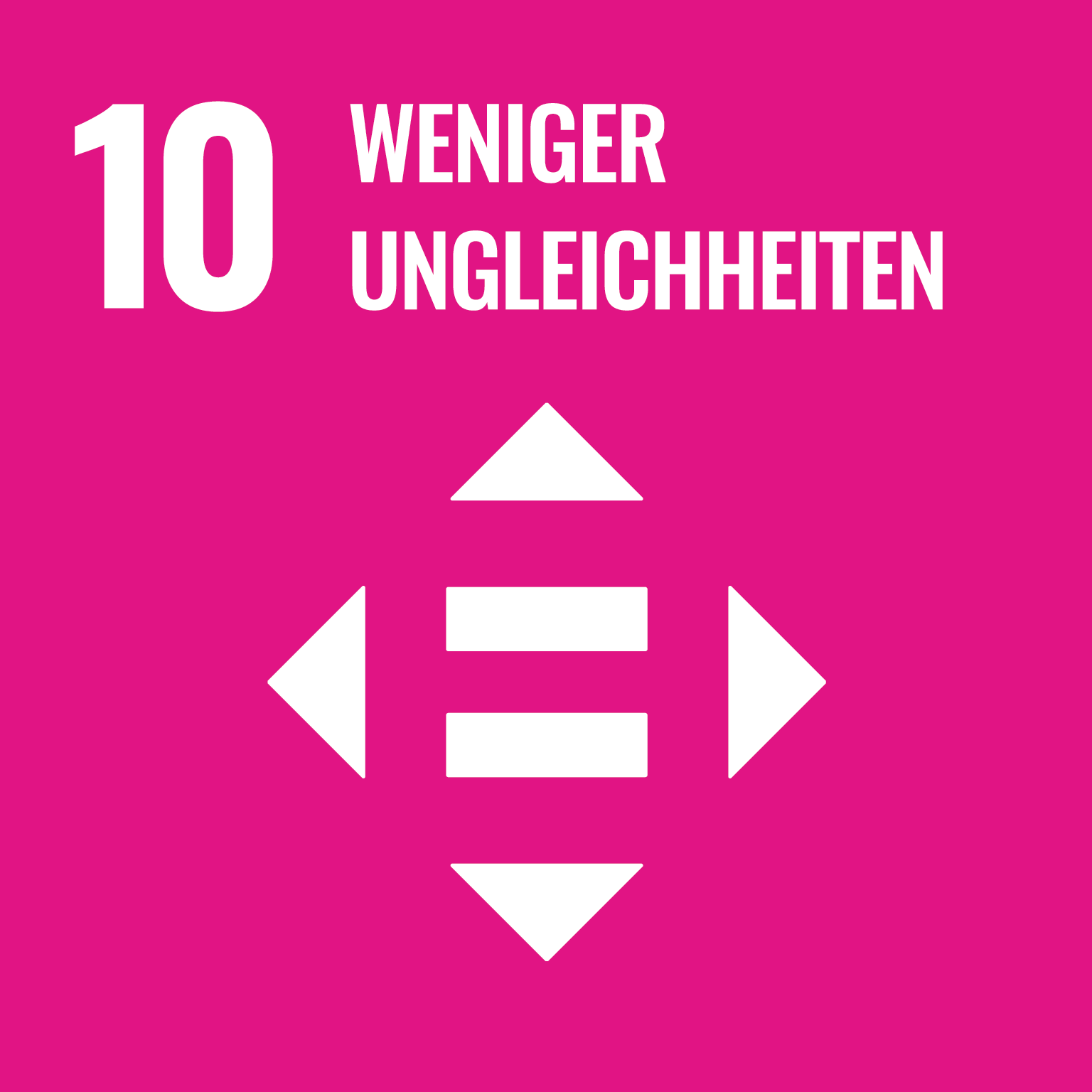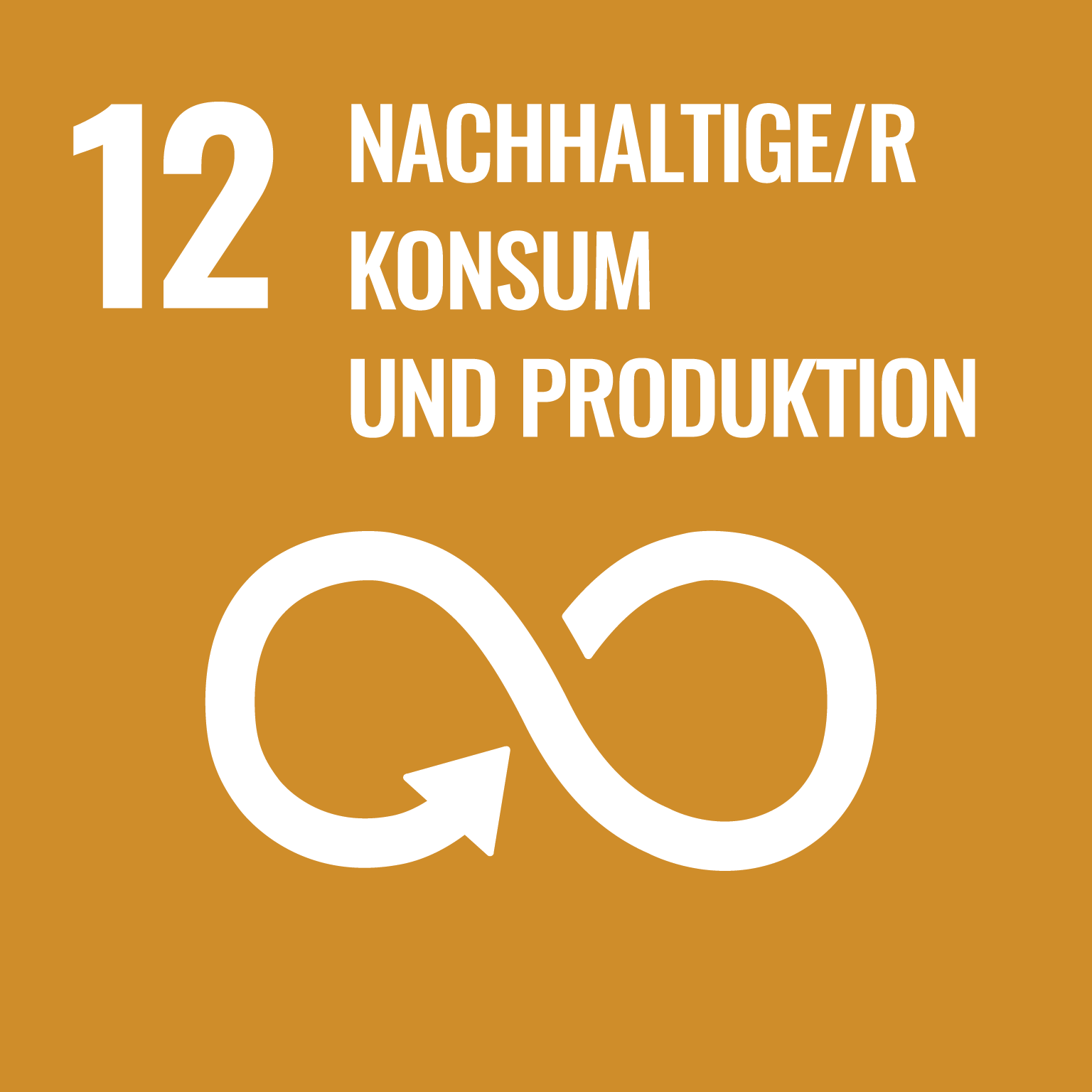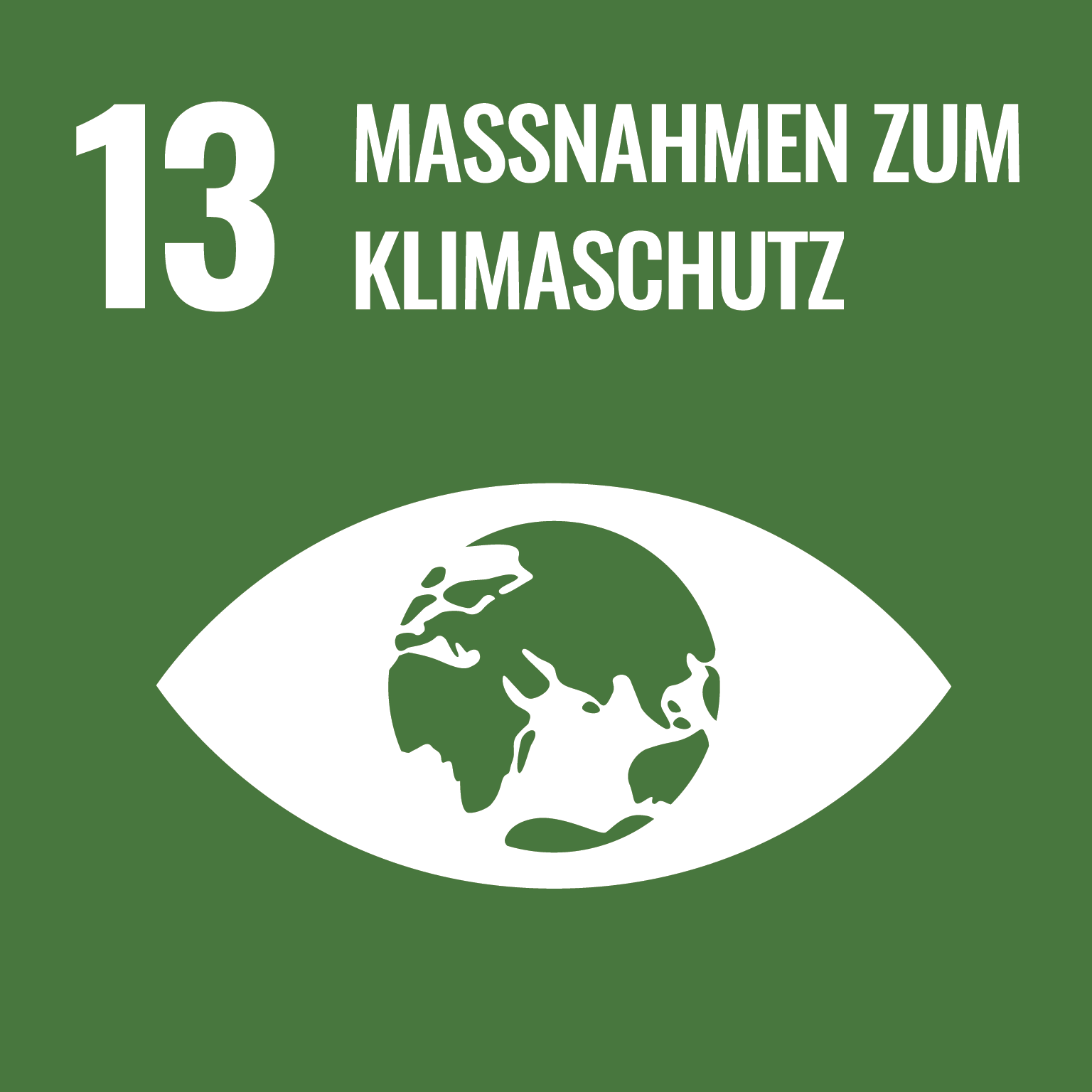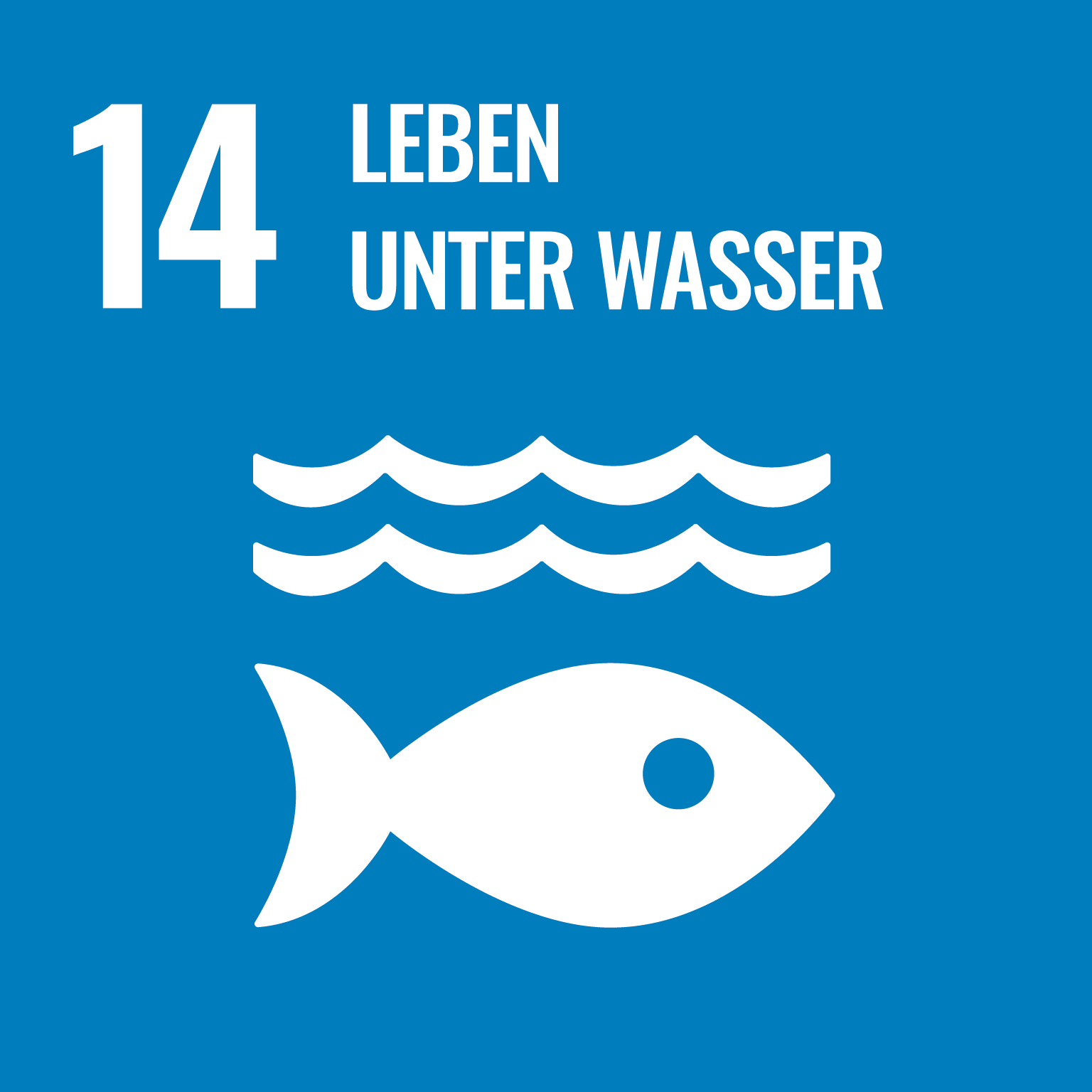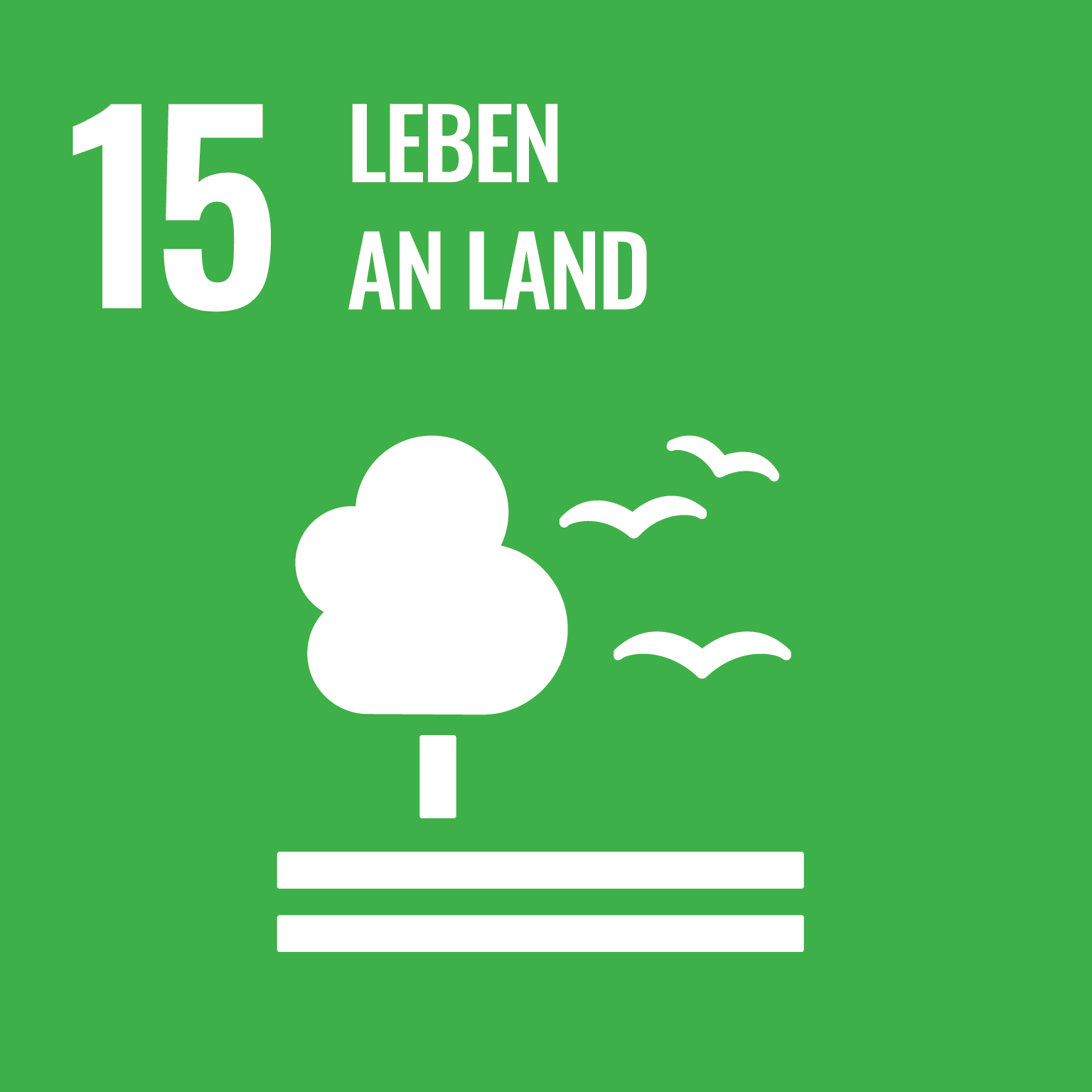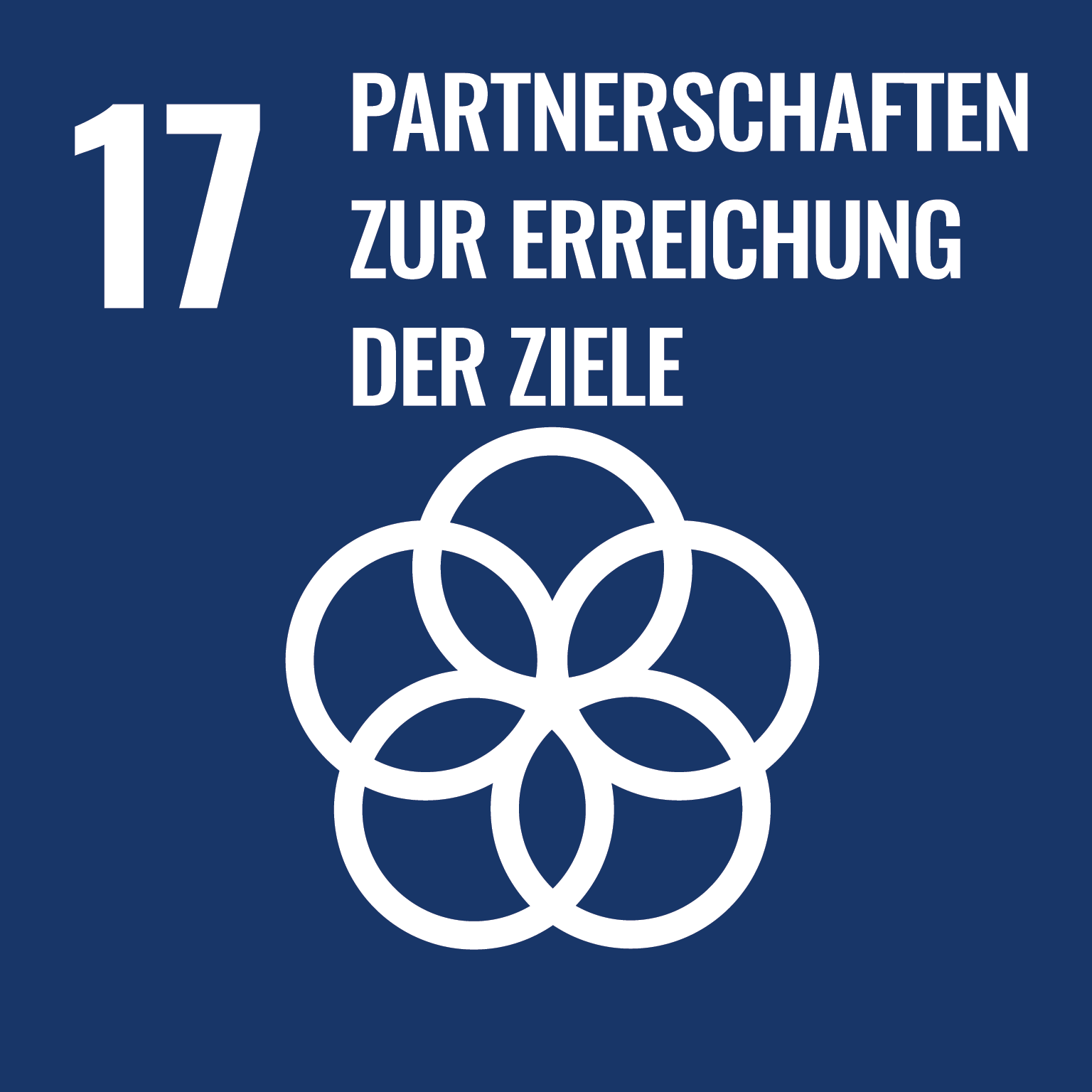SDG Law Tracker - Which laws does the German government implement?
Conserve and sustainably use oceans, seas and marine resources for sustainable development
Our proposals
Does the government plan to implement them?
What is the status?
-
Article 17 of EU Regulation 1380/2013 states that EU Member States should apply transparent and objective criteria when allocating fishing opportunities. As such, Article 17 of the Common Fisheries Policy (CFP) mentions criteria of an ecological, social and economic nature. In Germany, however, ecological criteria play no role in the allocation of fishing quotas, even though the reformed EU Common Fisheries Policy (CFP) aims to make fishing in Europe more sustainable and nature-friendly and to promote artisanal fishing. To minimize the ecological impact of fishing, more selective fishing gear and environmentally friendly methods need to be encouraged and supported. One incentive could be a higher quota share for those fishing companies or fishermen* who can demonstrate that they fish in an environmentally sound and compliant manner. For this, the environmental criteria in § 3 para. 3 of the Sea Fisheries Act must be taken into account. In order to minimize unwanted bycatch in fisheries and to promote the use of more selective fishing gear, the landing obligation was introduced in the EU in 2014. In Germany, control of compliance with the landing obligation is the responsibility of both the federal government and the states, and the exact division of responsibilities is defined in the Sea Fisheries Act (SeeFischG). In 2018, the EU's Scientific, Technical and Economic Committee for Fisheries (STECF) pointed out that there were significant deficiencies in the implementation of the landing obligation in EU member states, including Germany. According to current practice, discards are not fully documented, controls are only sporadic and by no means to the extent necessary to enforce the landing obligation. The reason for this is, among other things, that the SeeFischG does not specify a concrete scope for the necessary controls. This would have to be done by amending § 5 of the SeeFischG. In order to effectively control the landing obligation and at the same time comply with Article 17, fishing vessels over 10 meters, which, as should be specified in the National Inspection Program, have a medium to very high risk of violating the landing obligation, could only be granted a right to catch if they carry observers on board or are equipped with an electronic remote monitoring system including cameras. This would allow Germany to comply with the documentation of all catches as required by the CFP. A revision of the SeeFischG must therefore include the creation of significantly more transparency and documentation of fishing activities.
For further reading and discussion:
https://www.duh.de/fileadmin/user_upload/download/Projektinformation/Naturschutz/Fischereipolitik/GFP_Fischereipolitik_Broschure_komplett_lange_Version_DE_16_12_19.pdf
-
-
Microplastics are tiny plastic particles, such as those used in exfoliants. Other plastics in cosmetics serve as binding and filling agents, for example. The substances enter the sea via wastewater. Due to their surface properties, environmental toxins accumulate on the plastic particles. The plastics are then taken up by marine organisms together with the pollutants, leading to tissue changes or inflammatory reactions and toxicological effects, up to and including internal injuries and deaths. A ban on synthetic polymers of all shapes and sizes in cosmetics and personal care products is a first step and should be adopted EU-wide. This is already the case in many countries, including the UK, Italy and Sweden. This is an important regulation not only for marine protection but also for consumer protection. Studies have shown that consumers largely reject microplastics in personal care products. The large number of microplastic-free products already on the market, especially in the low-price spectrum, shows that such a ban would not create higher costs for consumers. In addition to a ban on microplastics in cosmetics, further regulatory measures are needed. These include a ban on plastic granulate as a bedding material on artificial turf fields, the mandatory introduction of industrial pre-washing with filter systems for newly manufactured clothing, and specifications for tire production and appropriate labeling of the durability of car tires to reduce abrasion of car tires.
For further reading and discussion:
https://www.bund.net/meere/mikroplastik/
≈
-
The fragmentation of responsibilities in maritime policy is particularly obvious in the distribution of competencies for the regulation of fisheries, which makes measures in protected areas more difficult, and in the regulation of shipping, for which the Federal Ministry of Transport and Digital Infrastructure (BMVI) and the subordinate Federal Maritime and Hydrographic Agency (BSH) are responsible with a very sectoral approach. A core problem lies in the one-sided interpretation of the Convention on the Law of the Sea (UNCLOS) in favor of utilization interests, which are also reflected in §57 of the Federal Nature Conservation Act (BNatSchG). Consideration should be given to a BNatSchG amendment that pursues greater equality of protection and use of the seas by reformulating the requirements under Article 3 for the declaration of marine areas to be protected and strengthening the options for national regulation of uses in protected areas, including through a review of the definition and new interpretation of the term "pollution" under UNCLOS that better meets the challenges of marine nature conservation and environmental protection. An amendment should include: a) the adoption of the obligations of Part XII UNCLOS, with special attention to Art. 194, 211,.; b) the strengthening of the consultation rule per nature conservation in the BNatSChG according to (1) especially in the implementation of management plans in marine protected areas (i.e. no de-facto consultation with user departments). Currently, this is often counteracted by a federal government "administrative agreement" that requires consensual departmental coordination, resulting in a weak level of protection.
For further reading and discussion:
https://www.nabu.de/news/2017/06/22663.html
https://www.nabu.de/natur-und-landschaft/meere/meeresschutzgebiete/nord-und-ostsee/index.html
-
-
The guiding principle of the German Spatial Planning Act (ROG) is sustainable spatial development that reconciles the social and economic demands on space with its ecological functions. The draft of a new spatial development plan published in 2020 by the Federal Maritime and Hydrographic Agency (BSH) does not do justice to the poor condition of the North Sea and the Baltic Sea, nor does it meet the formal and substantive requirements of the EU Directive establishing a framework for maritime spatial planning (2014/89), the ROG and the European Commission's guidelines on marine protection. In its report on the implementation of the Marine Strategy Framework Directive (MSFD) 2020, the EU-COM explicitly stated that national spatial plans must contribute to the achievement of good environmental status of the seas. In order to meet this objective, an amendment to the ROG is also needed, leading to actual parliamentary involvement, oversight and responsibility (presumably via §9 and in particular §17). In this context, §17 addresses the spatial development plans (ROP) in the exclusive economic zone (EEZ) of the North Sea and Baltic Sea, here a priority of climate and marine nature protection should be anchored, among other things by including the ecosystem approach and the reference to achieving the good environmental status according to MSFD.
For further reading and discussion:
https://www.nabu.de/imperia/md/content/nabude/naturschutz/meeresschutz/20201105-mro_gemeinsame_stellungnahme_ngos.pdf
-
-
The undermining of social and labor law regulations by flagging out to countries with less stringent regulations is a serious problem for German shipping. The use of these flags of convenience leads to a situation where the crew no longer originates to a certain extent from Europe and is paid according to German wages. Securing employment is the basis for maintaining German skilled labor in the shipping industry. The current dwindling of training opportunities and jobs is a problem for maintaining Germany as a shipping location and ensuring a functioning transport infrastructure. To this end, German shipping companies and seafarers need support from the political arena in order to promote immediate measures to promote the German flag. This is the only way to achieve international competitiveness and counteract further flagging out, which would be accompanied by dumping wages. One tool for this can be the linking of the tonnage tax to the German flag. The tonnage tax was introduced in 1999 to support Germany as a shipping location through tax advantages. The use of the German flag is currently not a prerequisite for the determination of profits according to the tonnage tax, but only a registration in the German shipping register and thus it is only possible in Germany that German shipping companies also receive the benefits of the tonnage tax for ships under the so-called flags of convenience (thus, currently, as of December 2020, 1,554 ships under foreign flags, whereas only 290 German flags receive the benefits of the tonnage tax). It must be achieved that again at least four German or European seafarers sail on every German ship, otherwise Germany will lose its maritime know-how.
For further reading and discussion:
https://www.verdi.de/themen/nachrichten/++co++93d46df2-f2e6-11e3-afe3-5254008a33df
https://www.verdi.de/presse/pressemitteilungen/++co++e70dccd8-0707-11e2-4231-0019b9e321cb

